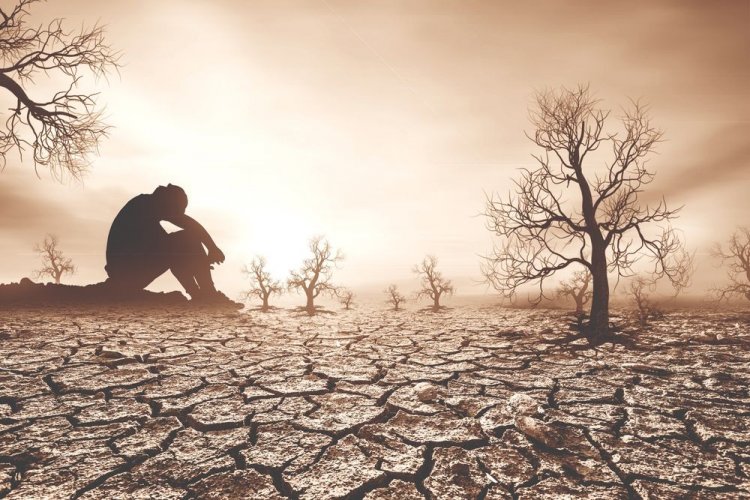A study by scientists from the Copernicus Climate Change Service found that 2023 was the hottest year on record, surpassing pre-industrial levels by 1.43°C.
The global temperature in October was 1.7°C higher than the level of the late 1800s, reports The Guardian.
Copernicus Deputy Director Samantha Burgess emphasized the urgency of ambitious climate action to be addressed at the COP28 annual climate summit.
It says global temperatures have already risen by 1.2°C, causing heat waves, droughts, thousands of deaths and loss of livelihoods around the world. Although international The Paris Agreement envisages limiting global warming to 1.5°C by the end of the century, current policies will lead to about 2.4°C warming.
Scientists explained that the abnormally hot October was caused by a number of factors, namely:
- pollution by greenhouse gases;
- El Niño oceanic phenomenon;
- reducing air pollution with sulfur;
- eruption of the Tonga volcano.
The material emphasized that the temperature indicators of 2023 exceeded the records of 2015-2016, when the previous El Niño was recorded. This phenomenon will last until at least April 2024, and the world will feel its global consequences in a year.
"Only through rapid and significant reductions in greenhouse gas emissions across all sectors can we avoid these recurring record-warming headlines and, more importantly, limit the increasing severity of the wet, hot and dry extremes that accompany a rapidly warming world," said a climate scientist from University of Reading Richard Allan.
Earlier, EcoPolitic wrote, that a study by American scientists showed that the world is in the early stages of an emergency climate situation and will exceed the level of global warming by 1.5°C by 2030 and by 2°C by 2050. After crossing the threshold of 1 .5°C, it will be much more difficult for humanity to adapt to the consequences of climate change.
As EcoPolitic previously reported, a study by a group of scientists from the University of Copenhagen showed that the Earth's life support systems were so damaged that the conditions on the planet do not correspond to a safe environment for human existence.





